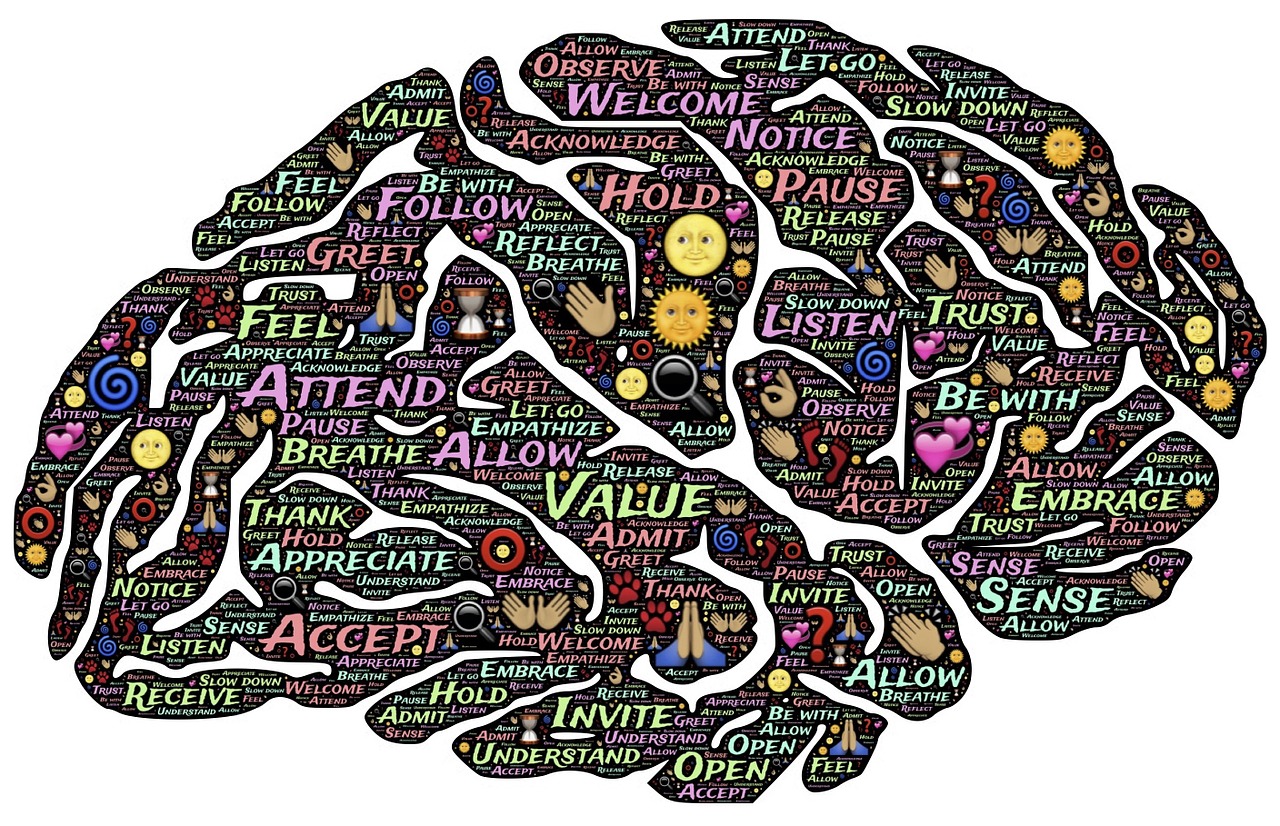Executive Function/Decision Making: How Your Brain Handles Information
/The minute you awake in the morning, executive function is at work in your brain.
You decided to do something.
You’re up, and in the shower, or you’re pressing the snooze button for a few more minutes of sleep.
How did you decide to do that? What is happening to allow you to decide at a moment’s notice how to handle your buzzing alarm?
We call it executive function. It is the “decision maker” in your brain.
Executive function and self-regulation skills foster your mental ability to filter out distractions, calculate and prioritize tasks, accomplish predetermined goals, and control your impulses. This is possible through key mental process and skills like:
- planning
- focused attention
- remembering instructions
- successful management of multiple tasks
Your brain must be trained to simultaneously, and instantly, handle a wealth of information correctly to function well with little outside direction.
Executive function governs your ability to work well with others, make healthy choices, and meet the demands of life and society.
Executive function and self-regulation skills involve three interrelated types of brain function: working memory, mental flexibility, and self-control.
- Working memory directs our short-term ability to recall and manipulate specific information. For instance, when moving from one activity to another, you need to remember what to do and how to complete that activity without constant reminders.
- Mental flexibility allows us to focus or shift attention, depending on various demands or situational requirements. This skill ensures that a proper response follows an unpredictable turn of events.
- Self-control is the ability to prioritize and halt impulsive actions or reactions. For example, a child needs to hone the ability to stop a preferred activity, or resist an action to let another child take a turn.
Each brain function must operate harmoniously with the others. Without coordination, a whole host of memory, attention and behavior problems may result.
What hinders the brain’s ability to process information and make decisions?
Executive function develops exponentially during early childhood, and significantly through the adolescent years too. Several factors could interrupt, impair, or delay development:
- insecure attachments or relationships with adults
- unsafe, unstable, or uncomfortable environments
- toxic stress linked to neglect, abuse, and/or violence
What promotes the brain’s ability to process information and make decisions?
Efforts by caregivers at home, educators, and now brain-training programs, are vital. Executive function requires practice to grow as a skill that will support a child’s life-long success. Several factors facilitate appropriate development:
- established routines
- effective social behavior
- the maintenance of supportive, stable relationships
- vigorous physical exercise that allows for self-directed action
- activities and environments that enable creative play, social connection, and coping skills
There is also strong evidence now to support the idea that intentional brain training supports and improves executive function. For the Center on the Developing Child at Harvard University, researchers wrote a publication titled, Building the Brain’s “Air Traffic Control” System: How Early Experiences Shape the Development of Executive Function:
“The healthy development of executive function skills can be supported with specialized practice and training…Thus, scientists and clinicians have begun to design and assess specific training programs aimed at helping young children who face difficulties with several aspects of executive functioning, particularly with attention and working memory. One laboratory-based approach that relies on computerized programs strengthens the neural circuits that control specific executive function skills through “staircase” training that adjusts task difficulty as a child’s performance improves.”
Executive functioning is not a skill you’re born with. You don’t have too much executive functioning or too little. You have, instead, executive functioning potential.
And it’s vital that you’re simply given the opportunity to maximize it.

